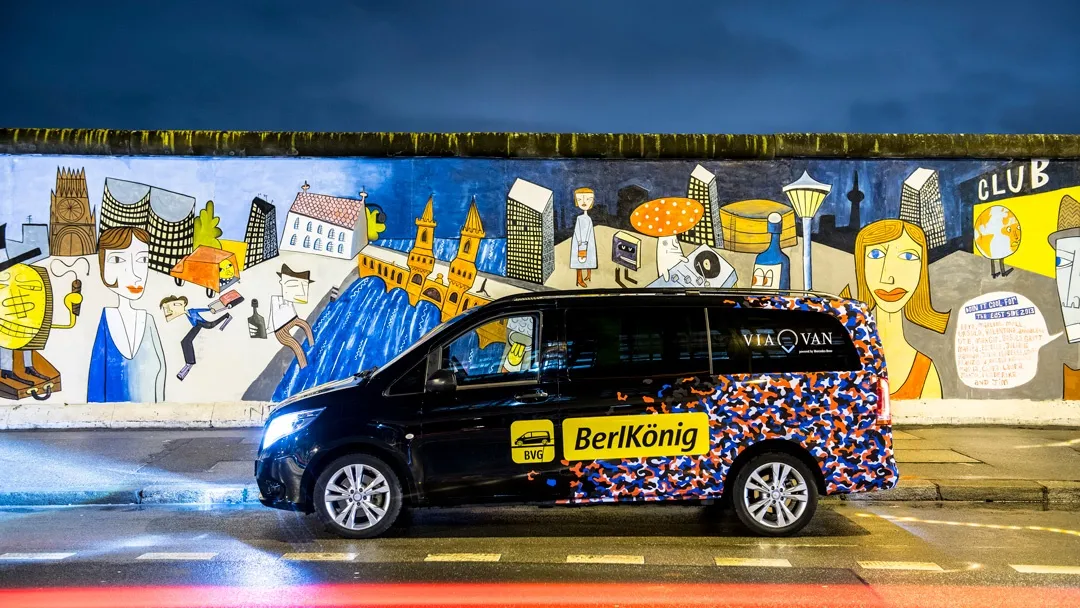
The expansion of London's ULEZ (ultra-low emission zone) to cover the whole of the UK capital from the end of August is the subject of a legal battle set to begin today.
The High Court is expected to hear arguments from five councils in and around London - Bexley, Bromley, Harrow, Hillingdon and Surrey County Council - on issues such as the statutory procedures that were followed in the decision to expand ULEZ and details of the vehicle scrappage scheme.
The ULEZ scheme currently covers inner London but the city's mayor Sadiq Khan wants it to extend past the North Circular and South Circular ring-roads to cover the outer boroughs within the M25 orbital motorway. He says it is a public health intervention, because 4,000 Londoners die prematurely each year as a direct result of air pollution
This will mean that anyone driving a non-compliant vehicle will have to pay £12.50 a day to drive anywhere in London.
However, Transport for London (TfL) argues that most vehicles on the road are already compliant, which means drivers won't need to pay.
Paul Osborn, leader of Harrow Council, told BBC Radio 4's Today programme the expansion will have "a devastating impact on the poorest motorists". It would also hit businesses, he said, and "won't really improve the air quality in London".
Osborn suggested improving public electric vehicle charging infrastructure - which he described as currently "absolutely shocking" - would be a better policy, along with expanding the scrappage scheme to help people buy less polluting vehicles.
Hirra Khan Adeogun of climate action charity Possible told the BBC that more investment in public transport was required and there was a need to get people walking and cycling more.
"The best time to have started this would have been 30 years ago; but the next best time to start it is actually today and tomorrow," she said. "Climate change is a real issue, air pollution is killing 4,000 people in London - we cannot dilly and dally and delay any longer."








